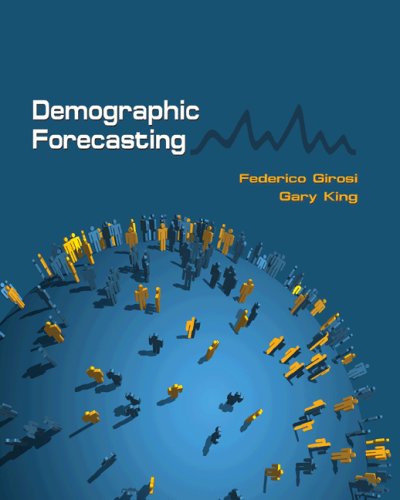

Most ebook files are in PDF format, so you can easily read them using various software such as Foxit Reader or directly on the Google Chrome browser.
Some ebook files are released by publishers in other formats such as .awz, .mobi, .epub, .fb2, etc. You may need to install specific software to read these formats on mobile/PC, such as Calibre.
Please read the tutorial at this link: https://ebookbell.com/faq
We offer FREE conversion to the popular formats you request; however, this may take some time. Therefore, right after payment, please email us, and we will try to provide the service as quickly as possible.
For some exceptional file formats or broken links (if any), please refrain from opening any disputes. Instead, email us first, and we will try to assist within a maximum of 6 hours.
EbookBell Team

4.4
62 reviewsDemographic Forecasting introduces new statistical tools that can greatly improve forecasts of population death rates. Mortality forecasting is used in a wide variety of academic fields, and for policymaking in global health, social security and retirement planning, and other areas. Federico Girosi and Gary King provide an innovative framework for forecasting age-sex-country-cause-specific variables that makes it possible to incorporate more information than standard approaches. These new methods more generally make it possible to include different explanatory variables in a time-series regression for each cross section while still borrowing strength from one regression to improve the estimation of all. The authors show that many existing Bayesian models with explanatory variables use prior densities that incorrectly formalize prior knowledge, and they show how to avoid these problems. They also explain how to incorporate a great deal of demographic knowledge into models with many fewer adjustable parameters than classic Bayesian approaches, and develop models with Bayesian priors in the presence of partial prior ignorance.
By showing how to include more information in statistical models, Demographic Forecasting carries broad statistical implications for social scientists, statisticians, demographers, public-health experts, policymakers, and industry analysts.